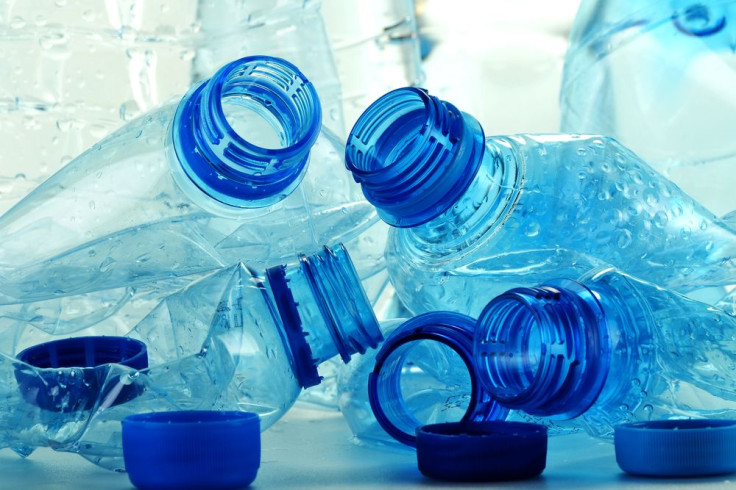Refilling Plastic Water Bottle Is Dangerous: Here’s Why

The pervasive chemical Bisphenol A (BPA) used to make polycarbonate plastic products, such as disposable water bottles and food storage containers, is a long-term danger to our health -- and especially our reproductive system. Infants and young children are especially sensitive to the dangers posed by BPA.
The danger from BPA plastics means we should throw away disposable polycarbonate water bottles made from BPA after one use. It also means we shouldn't refill polycarbonate water bottles. A study of 77 Harvard College students found one week of drinking water from polycarbonate bottles increased the levels of BPA by two-thirds. This dismaying finding suggests regular consumption of water from these bottles significantly increases exposure to BPA. In 2012, the U.S. Food and Drug Administration (FDA) thankfully banned the use of BPA in baby bottles.
Research has also linked even low-dose BPA exposure to cardiovascular problems. These health dangers include coronary artery disease, angina, heart attack, hypertension and peripheral artery disease.
BPA can do all these nasty things because it's a "xenoestrogen" exhibiting estrogen-mimicking, hormone-like properties. It can behave similarly to estrogen and other hormones in the human body. This deception, allows BPA to interfere with the production, secretion, transport, function and elimination of natural hormones.
More exposure to BPA has been linked to infertility and other health problems. In 2013, scientists from Brigham and Women's Hospital published findings showing that BPA exposure can affect egg maturation in humans.
BPA might contribute to male impotence, as per one study that looked at the effect of men's exposure to BPA at work. Some scientists believe BPA might increase the risk of breast, prostate and other cancers in people exposed to it in the womb.
"Fetal exposure to BPA could lead to 'long-lasting' effects on the carcinogenesis of certain organs," potentially leading to the development of hormone-related cancers," said a study published in 2015.
The U.S. Centers for Disease Control and Prevention (CDC) warns that people are commonly exposed to low levels of BPA when they consume food or water stored in containers made with the chemical. Some studies, however, claim that current levels of BPA are low and not a danger to humans.
On the other hand, a study in the peer-reviewed journal, Frontiers in Chemistry, analyzed water bottles from different manufacturers and countries. It found that 93 percent had tiny particles of plastic, also called microplastics, which leached out into the bottled water.
Published by Medicaldaily.com



























